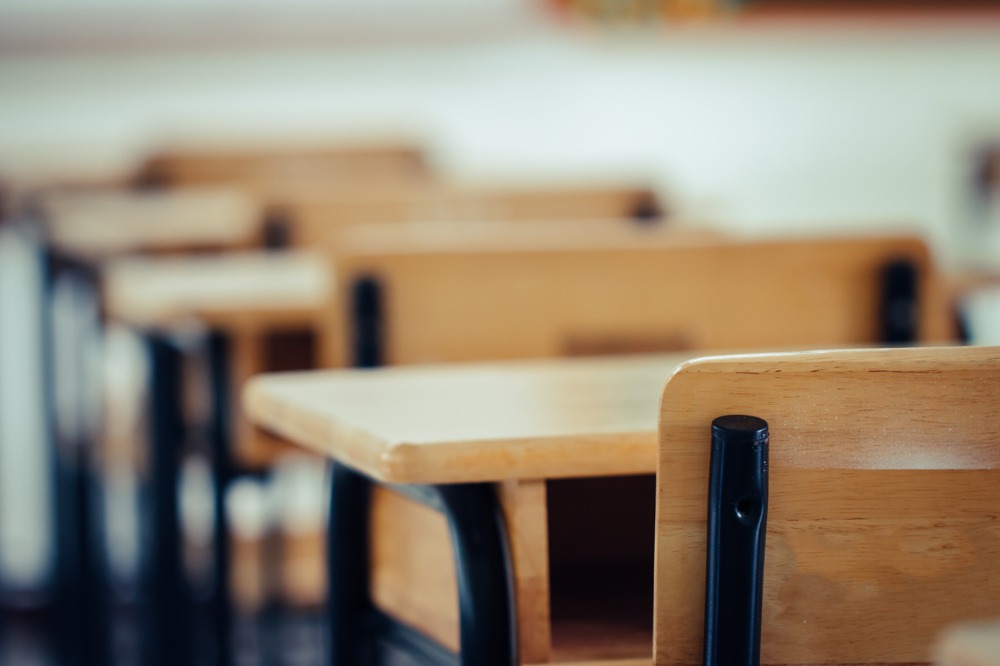
In a media conference on Thursday, Prime Minister Scott Morrison outlined a list of seven principles have been adopted by the Australian Health Protection Principal Committee (AHPPC) on the advice of the medical expert panel.
The seven principles are:
- Schools are critical to the delivery of high-quality education.
- Alternative, flexible, remote delivery of education services may be needed.
- Schools must be healthy and safe environments for students, teachers and other staff.
- State and territory governments and non-government sector authorities are responsible for making operational decisions for their school systems respectively, subject to compliance with relevant funding agreements with the Commonwealth.
- Decisions regarding the response to COVID-19 in the schooling sector must continue to be informed by expert, official national and state-based public health, and education advice, consistent with these national principles.
- All students must continue to be supported by their school to ensure participation in quality education during the COVID-19 crisis
- The health advice consistently provided by the AHPPC is that attendance at a school campus for education represents a very low health risk to students.
During the conference, Morrison reiterated that the expert health advice “remains very clear that schools are a safe place for children to be” and defended the Federal Government’s decision to keep schools open.
However, Victoria has confirmed that its schools will remain closed for the students of parents who can stay home.
Meanwhile, NSW Premier Gladys Berejiklian confirmed that the state’s students will return in the third week of Term 2.
While the first two weeks will be the same as the final week of Term 1, Berejiklian said “more face-to-face teaching” should begin from the beginning of Term 3.
“We are currently going through the process of speaking to stakeholders, speaking to principals and teachers, to look at the various options and what will work for NSW,” Berejiklian said, adding that new social distancing measures would be introduced.
“It's important for everybody involved – whether you're dropping off a child, whether you're a teacher and, of course, the kids themselves – that everybody's safe and feels they are safe”.
Addressing concerns about teachers – who have shown to be more susceptible to the virus – remaining at risk, Morrison said “proper arrangements” are needed for teachers and other staff in schools.
“However, this doesn’t apply to children because they carry a different level of risk,” he said.
Catholic schools welcome PM’s principles
On Thursday, the Catholic education sector welcomed the National Principles for School Education response to COVID-19.
National Catholic Education Commission Executive Director, Jacinta Collins, said the National Principles show “a continued commitment by governments to ensure Australian students receive a high-quality education, while allowing for the delivery of remote schooling as needed during the pandemic”.
“They also recognise the need to ensure the health and safety of students, teachers and staff,” Collins said.
“The first priority for all Catholic schools is the health and safety of students and staff, and as such, the Catholic sector is monitoring and responding quickly to the advice of federal, state and territory governments and health authorities”.
Catholic schools will continue to remain open for students who need to attend, and provide remote learning to ensure that all students can continue their schooling during this period.
“We are supporting students and families through fee relief and the provision of devices, internet connectivity or other measures, to ensure students can access learning in the best way possible,” Collins said.
“Our school communities are to be commended on how they are responding to both the educational and health challenges arising from the pandemic. Catholic education will continue to work with governments over the coming weeks to enable students to return to classroom learning as soon as practicable”.


